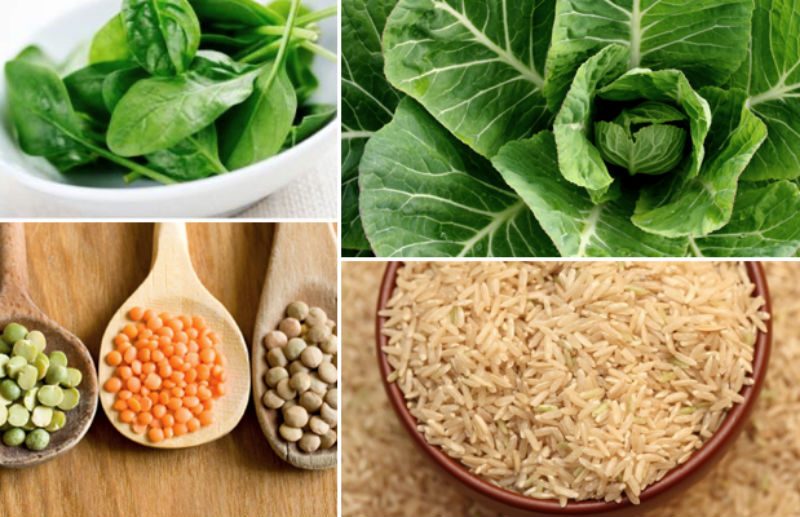Real health and happiness is experienced when we live with a true balance of body, mind, hear and soul.
Question
I have heard that including garlic in meals can reduce blood cholesterol levels. Is this true and how does it work?
Answer
The research into garlic is mixed – some good, some not. But its effect appears only modest even when researchers have given high doses in capsule form. The bottom line is that garlic can lower cholesterol, but not as well as polyunsaturated fats. It can thin the blood and prevent clotting, but not as well as fish oil. Still it provides antioxidants and sulphur compounds for overall health, so keep using it in your cooking.
Question
My partner suffers indigestion after eating certain foods. A friend suggested she eat pineapple before or after meals. Since she has been doing this she no longer has the problem. Is this an old wives’ tale or is there a scientific reason for it?
Answer
Pineapple contains an enzyme called bromelain, which breaks down proteins in food (and your stomach) and is the reason why fresh pineapple will not set in jelly. Paw-paw and kiwi fruit have similar protein-dissolving enzymes, so these may be helpful if your partner tires of pineapple. But if you boil the pineapple first, this destroys the enzyme, so cooked or canned pineapple will not have the same effect. Another reason pineapple may help is simply its acidity, which perhaps is augmenting the acidity of the stomach, a first step in the digestive process.
Question
I am asthmatic and I find foods like dried apricots provoke my asthma. Are there other foods that I should avoid?
Answer
Food is not the usual trigger for asthma. However, you may be one of the small percentage of adults with asthma (less than one or two percent) that is affected by certain chemicals, both natural and added. Dried apricots are generally treated with sulphur preservatives such as sodium metabisulphite to maintain their nice color and prevent wrinkling or drying out. Most likely, it is the sulphur that is causing the flare-up in your asthma. Other common foods that are preserved with sulphur are wine, fruit juices, fruit-flavoured soft drinks, pickled onions and sausages.
To avoid these trigger foods without unnecessarily restricting your diet, it is best to seek the advise of a dietitian who specialises in food sensitivity or intolerance.
Question
What is chromium and do we need it?
Answer
Chromium is an essential mineral needed for the burning of carbohydrates and fats in the body. It enhances the action of the hormone insulin, which makes blood glucose available to cells. For most of us, getting enough chromium is simply a matter of good nutrition. It is found in drinking water and many foods including grains, meat, nuts, seafood and cheese.
Older people have been identified as one group that could be deficient in chromium. For them a supplement may be useful. But unfortunately, the chromium from pills is not as well absorbed as from food. The extra chromium from supplements only helps if you are deficient; for the rest of us they are of little benefit.
Question
My partner and I enjoy curries and laksas, but after a health scare we need to pay more attention to what we eat. Can you help?
Answer
You don’t need to eliminate these foods from your diet, just minimise saturated fat and salt where you can. Using light evaporated milk, reduces fat, and removing fish sauce lowers salt content. Avoiding takeaway is a step in the right direction!
Question
I get cracks on the corners of my mouth all the time. Could this be related to diet?
Answer
This could be related to an inadequate intake of riboflavin (vitamin B2), other B vitamins or iron, although if that is the case, you’re likely to have other symptoms surfacing as well. Red meat is a great source of iron, so try including meals containing lean beef or lamb in your diet a few times a week. Having 2-3 meals based on fresh or canned fish or shellfish may also keep your cracks at bay, so add them into your weekly diet plan. You can also load up on B-vitamins with a vitamin B-fortified cereal, sandwiches on grainy bread or eggs on toast for lunch, and eating nuts and seeds as healthy snacks throughout the day. A good scrape of vegemite will give your B-vitamin levels a boost too.
